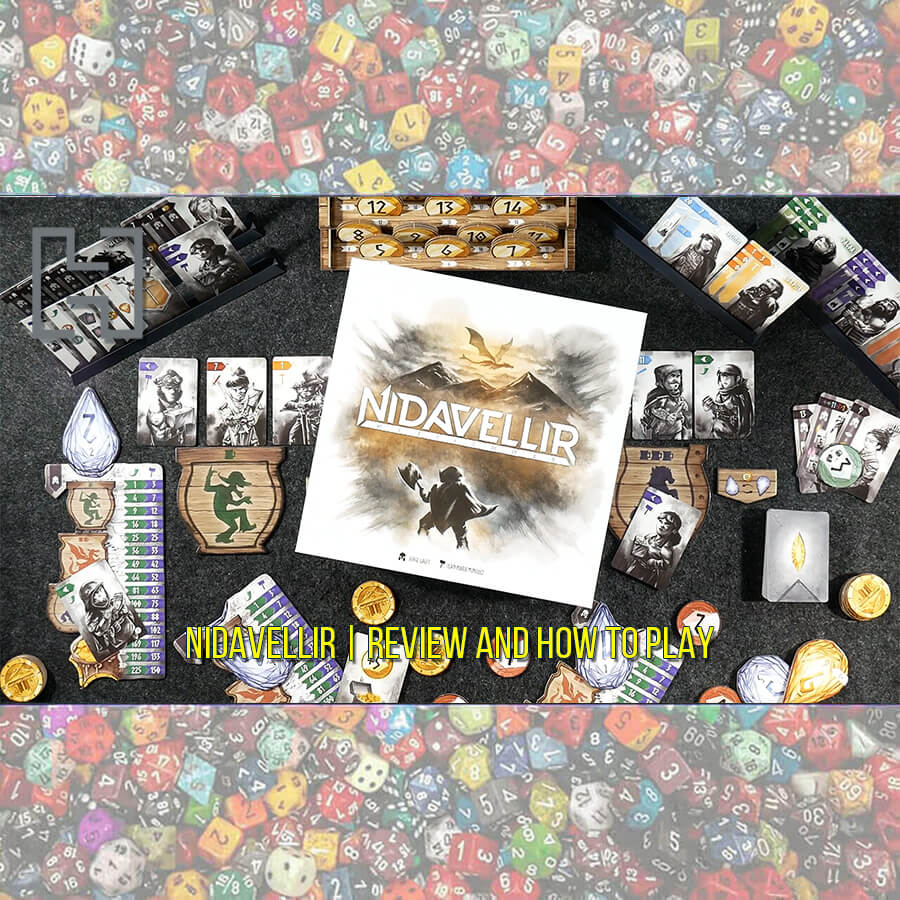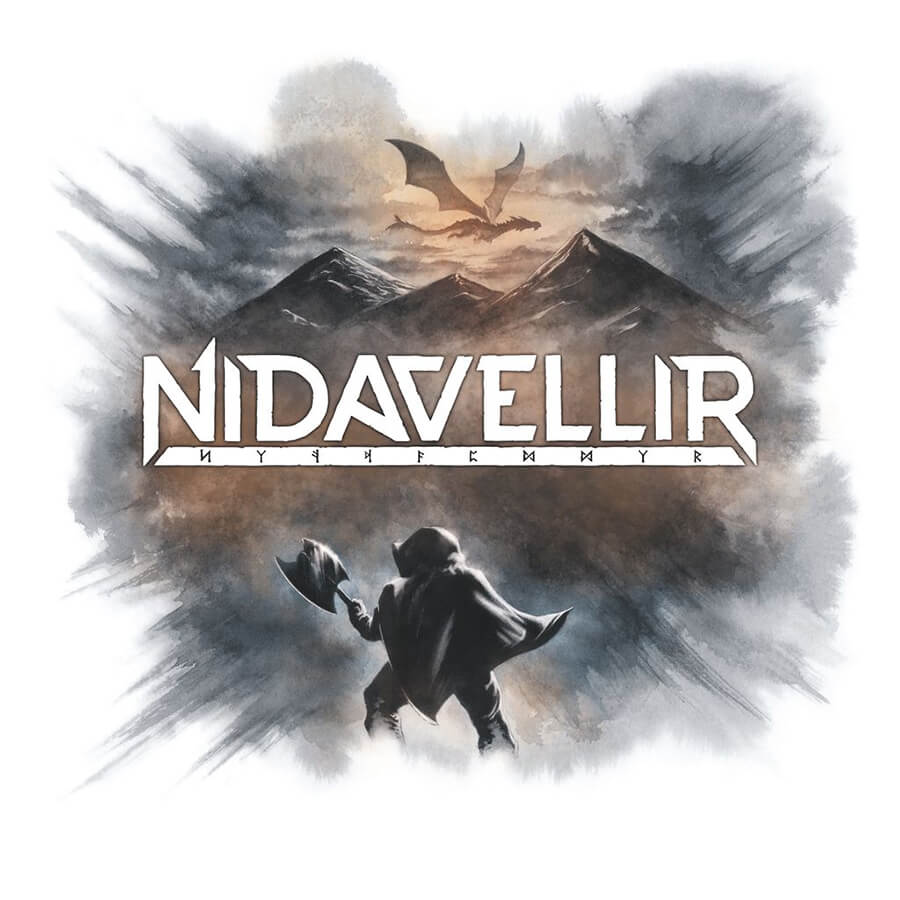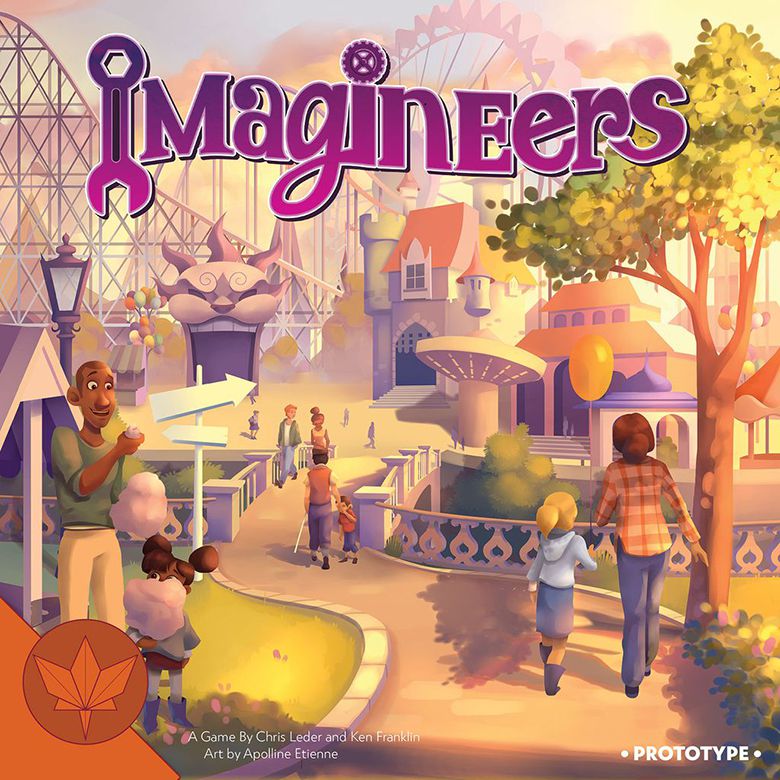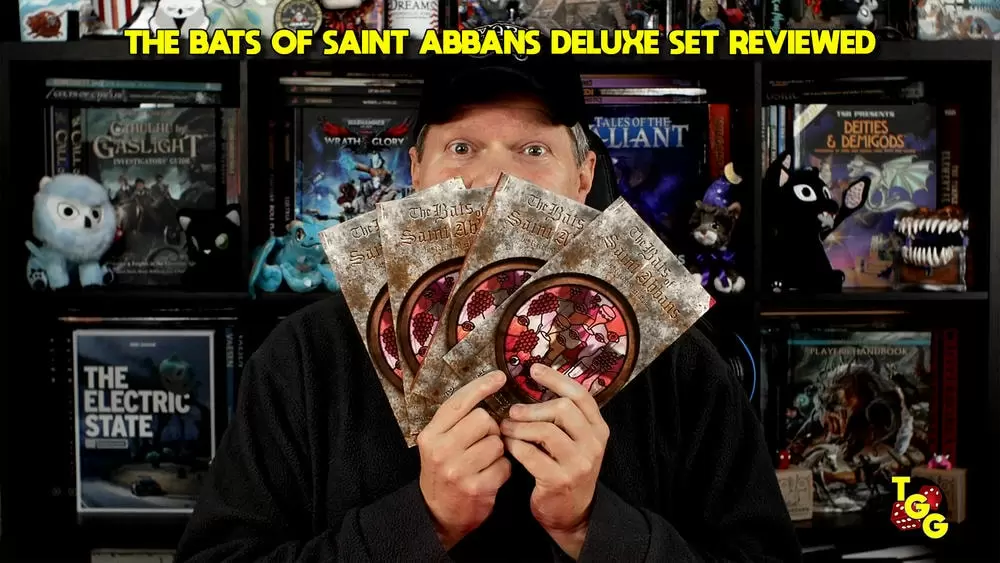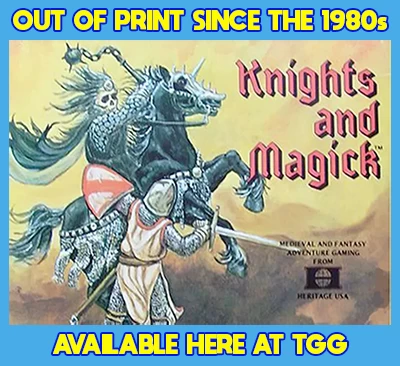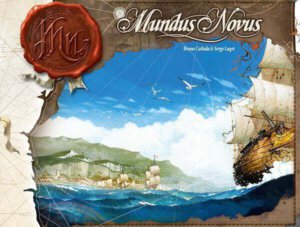
Publisher: Asmodee Editions
Designers: Bruno Cathala and Serge Laget
Artist: Vincent Dutrait
Year: 2011
Genre: Card game of trading and mercantilism in the 16th century
Players: Two to six players
Ages: 14+
Playing Time: 45 Minutes
MSRP: $29.99
The idea behind Mundus Novus is that players wealthy merchants sailing to the newly discovered Americas in order to make their fortunes. “What’s this Jeff?” you may ask, “You’re reviewing a game of a 16th century trading theme – that same theme you make fun of??
Yep.
Sure, this theme has seen more use than Lindsey Lohan on a Saturday night but in a lot of ways I’m glad I gave Mundus Novus a go. On a side note, I have not had a go at Lindsey Lohan just so the record’s straight.
The seeds of this game actually lay in designer Laget’s 2003 release, Mare Nostrum, but much of what makes Mare Nostrum an epic two hour plus game has been stripped away. This leaves behind a much faster playing experience but at the cost of depth and much of what makes the 2003 game popular. I’ll say if you’re a big fan of Mare Nostrum you might not have much interest in Mundus Novus but if you don’t own the previous game this new design just may be up your alley.
The components are nice and you receive one start player token, six event reminder chits, 44 development cards, 90 Doubloon (victory point) chits, and 120 resource cards. The cards especially look sharp and are of good quality with wonderful artwork and such. There are also rulebooks in five languages, so all the bases are covered there, and the English rules mostly made sense outside of the glaring omission of what constitutes a combination. I will point out that there were no player aids included in the game and, although after a few plays you really wouldn’t need one, there really should be a set of aids to help players get started and to help someone you might like to teach the game to in the future. The lack of player aids really came as a surprise as there are various charts you have to consult to determine how resources are traded in for developments and/or victory points. Passing the rulebook around was a real drag and led to an inflated play time.
The goal of Mundus Novus is pretty simple: Have all ten of the different Resource cards at one time, collect 75 Doubloons, or have the most money when the Development runs out. The goals sound easy enough but achieving them is an entirely different matter. Each player receives five cards each turn and discards unused cards at the end of a turn so collecting the ten resources is a lot harder than it sounds. Many times the dough you’ve earned turns out to be the deciding factor in winning.
You’ll begin set up by shuffling the Resource cards and draw three cards which will make up the market while placing the rest face down in the middle of the table. Then the Development cards are shuffled and the top five are placed in a row to form a queue of cards one through five. The youngest player becomes the Trade Master and a no event marker is placed on the first face up Development card as a reminder that no Event takes place in the first round. Then you’re ready to play!
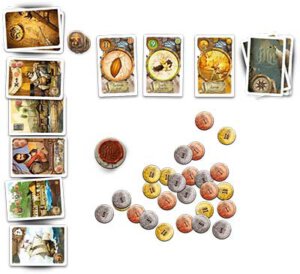
Event – An Event is determined that will affect the rest of the round based on the icon on the first face up development card in queue. As examples, a Fire will make any Warehouses owned by the players completely unusable that round or a King’s Aid allows for more than one combination of resources to be spent on Developments in the Progression Phase.
Supply – Everyone is dealt a hand of five cards. Then one Resource card is dealt (face up in the center of the table) for each Development Caravel the players currently possess. Anyone with Caravels can then draft these cards to add to their hand based in order of the highest Fleet values – each Caravel has a point value and this is combined to get your fleet score. This is a seafaring trading game so you need ships baby! The bigger the better!
Trade – The Trade Master (or starting player) picks a number from two to four and players secretly choose that number of cards, from their hand, they’re willing to trade. These cards are then simultaneously revealed and placed in front of the players. The person who is willing to trade the highest combined value of cards in now immediately declared the new Trade Master. This new Trade Master selects one Resource being offered in trade and then the player that had their card chosen now proceeds to choose a card. This continues until there are either no cards left to choose or the last player with the ability to select a card decides not to. No more than two consecutive trades between the same players may take place so everyone gets a shot. It’s important to keep in mind a player only gets to select a Resource card if someone has taken one of theirs. Any unclaimed Resource cards are returned to the owning player’s hand.
Trading really is the heart of Mundus Novus.
Progression – The Trade Master chooses a player and that player must spend all of their Resource cards and discard any they do not spend. There are a few things you can do with these Resource cards:
1. Spend a combination of identical Resources to take a development card. This is where the confusion of what constitutes a set comes up as there is no indication anywhere I could find of how many matching cards are needed. After some searching around I finally found a combination for this purpose is three cards. Incan Relics may be used as wildcards as well and, depending on the value of the resources, you’ll be able to choose the first Development card in queue, the first three, or any of the five. You may only acquire one Development unless the King’s Aid Event is in play which allows you to buy two.
2. Spend one combination of different Resources to earn Doubloons. Here you may combine more than three cards in order to score VPs and the number of cards determine the payout.
3. Spend an Incan Relic Resource for even more victory points.
There are a variety of Development cards available and all of them provide some sort of benefit. Caravels allow you the exclusive rights to those additional Resources each round, Warehouses allow you to store a resource until the next turn, Explorers can radically change abilities or earning potential, and so on.
That, is as they say, that as far as playing the game. I’ll also say that Mundus Novus is one of the better Euros I’ve played recently but that might come as faint praise…
You never know who is going to win until one of those victory conditions are met. So you could be cruising along amassing a vast empire of Developments and wealth only to have an opponent whip out that “perfect combination” and automatically win the game. There are a couple different strategies you can take on such as trying to win through having the most Doubloons or aiming to achieve that perfect ten card combo. The field is evened a bit with all the players because normally you can only trade in one combination for a Development and one combination for Doubloons but the choice of options certainly is limited.
There lays the problem I see with Mundus Novus. It’s a fun time the first couple of go rounds but repeated play shows you the game just always feels the same; you’re making the very same decisions every round of every game. The meat of the game, the trading phase, doesn’t seem as if it has all that much of an impact either for such a long section of gameplay. The different Developments add a nice wrinkle and some variety but simply not enough to make Mundus Novus a game to play again and again.
I’m not saying Mundus Novus is a bad game by any stretch so I’m giving it a recommendation, albeit just not a very enthusiastic one.
[rwp-review id=”0″]
- The Bats of Saint Abbans Deluxe Set Reviewed - Dec 28, 2024
- The Secret Files of Section D Reviewed - Dec 27, 2024
- Intermediary Mund Reviewed - Dec 26, 2024



